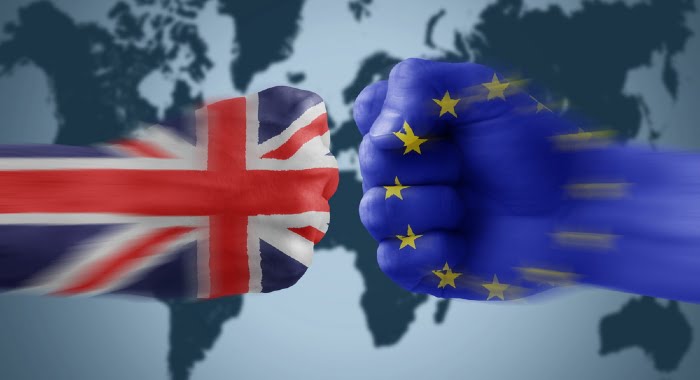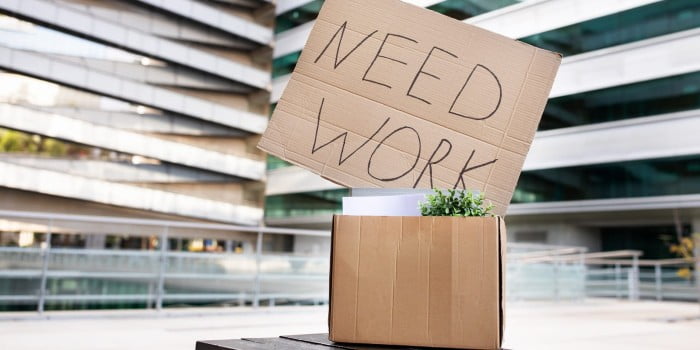Across the UK, many SMEs are still unaware of the need to prepare to do business with the EU after the Brexit transition period ends on December 31.
As a sense of panic sets in, businesses are realising how much they need to take on board. Katrina McWhinnie, of the McWhinnie Consultancy, who gives advice on trading in a post-Brexit world, says drawn-out talks over a possible trade deal, as well as the more urgent concern of how to manage Covid-19 fallout, have led many firms to adopt a ‘wait and see policy’.
But this approach, according to McWhinnie, is wrong. She warns that the longer SMEs neglect their planning and implementation, the fewer choices will be available to them. Those with little or no comprehension of customs formalities haven’t much time to learn about the complexities, never mind implement the necessities.
Goods could be held up at the border, due to reasons such as missing documentation, incorrect commodity codes used to describe goods and the lack of a licence, leading to costly delays and distraught customers.
Even if a last-minute Brexit deal is struck with Brussels this week, there will still be new rules and regulations.
Declare your imports and exports
Post-Brexit, you will need to make customs declarations when you import or export goods from or to the EU, from January 1, in the same way as currently applies to countries elsewhere in the world.
Although companies can make the declarations themselves, many will use a courier, freight forwarder or customs agent as the rules are complex. And if you get it wrong, you could be fined or even imprisoned!
If you choose to do it yourself, most declarations will have to be submitted electronically through the so-called ‘customs handling of import and export freight’ (CHIEF) system. You will need to apply for access and ensure you have the correct software.
If you use a third party, you will still be liable to send all the information to Revenue & Customs, so make sure you keep records of all transactions and money paid.
Revenue & Customs require all businesses to keep records and accounts for at least four years for customs, unless there is a criminal investigation in which case it’s ten years. Excise records and VAT records should be retained for six years.
You will need to obtain a licence or certificate to import or export particular goods, and you may also have to pay an inspection fee for some goods prior to their being allowed into the country.
Additionally, there may be changes to labelling and marketing standards, so it’s vital to have the latest information. There will be changes to how goods such as alcohol and tobacco are imported and exported, so check what you need to do.
Ensure you have the codes and numbers
Companies trading with EU firms post-Brexit must have a UK EORI (economic operator registration & identification) number, a unique reference used on all customs declarations. Apply at gov.uk, if you don’t have one. The process should take five minutes, but the number will take a week to arrive.
Some firms will also have to apply for an EU EORI number if they make customs declarations in the EU.
On top of all this, you will need to classify products using the correct commodity code which determines duty rates, quotas and licensing requirements. A customs procedure code (CPC) and safety and security declarations will be required to give the receiving country full details of the goods entering their territory.
Financial help for firms post-Brexit
There is help available to ensure you have everything in place to keep your business running smoothly once the Brexit transition period ends.
The customs intermediary grant will help deal with additional customs declararations and can be used to recruit personnel, train employees and manage any IT issues. The scheme closes when funding is exhausted or by the end of June at the latest.
Applications can be made at www.customsintermediarygrant.co.uk.
Finally, a raft of information is available from local Chambers of Commerce, business trade associations and the Government’s website gov.uk. But bear in mind that some procedures will be simplified or deferred for the first six months of next year.






